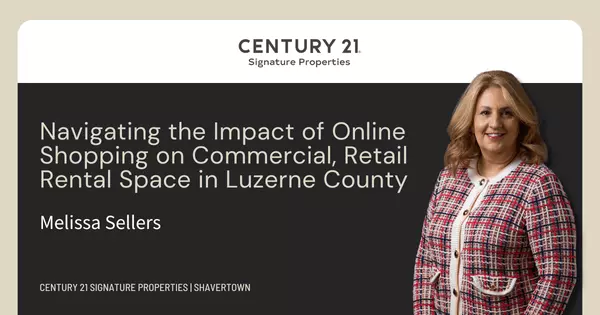Exploring Landlord Options for Dealing with Tenant-Damaged Property

As a professional property manager, I know first-hand how stressful and challenging it can be when dealing with tenant-caused damages. When a tenant damages property, it is essential to understand your rights as a landlord and the options available to address the situation efficiently and effectively.
In this article, I explore the various options that landlords have when faced with tenant-caused damages and provide personal insights on how to navigate this complex issue.
Document the Damage:
The first step when dealing with a tenant-caused damage is to thoroughly document the extent of the damage. This includes taking detailed photographs or videos of the affected areas, creating an itemized list of the damages, and obtaining any relevant repair estimates.
Documentation is crucial for providing evidence of the damage and will be essential when seeking reimbursement from the tenant.

Communicate with the Tenant:
Once the damage has been documented, it is important to promptly inform the tenant of the situation. Clearly communicate the specifics of the damage, the estimated repair costs, and any applicable lease terms regarding tenant responsibilities for property maintenance and repairs.
Encourage open communication and cooperation from the tenant to reach a resolution promptly.
Address the Issue Amicably:
In some cases, the tenant may be willing to take responsibility for the damages and agree to reimburse the landlord for the repair costs. It is advisable to attempt to resolve the matter amicably through direct communication with the tenant.
Establish a payment plan if necessary, and ensure that any agreements reached are documented in writing to avoid misunderstandings in the future.
Utilize Security Deposits:
Security deposits are a common tool used to cover damages caused by tenants. If the damage exceeds normal wear and tear and the tenant is unwilling to cover the repair costs voluntarily, landlords can deduct the necessary expenses from the security deposit.
Ensure compliance with local laws regarding security deposit deductions and provide the tenant with an itemized list of deductions.
Pursue Legal Action:
If the tenant refuses to take responsibility for the damages or fails to reimburse the landlord for the repair costs, landlords may need to consider pursuing legal action. Depending on the extent of the damage and the local laws, landlords may seek compensation through small claims court or other legal avenues.
Consult with a real estate attorney to understand the legal options available in your jurisdiction.
Preventing Future Damage:
In addition to addressing current damages, it is essential for landlords to take proactive measures to prevent future incidents.
Implement regular property inspections, provide clear guidelines on tenant responsibilities for property maintenance, and include clauses in the lease agreement outlining consequences for damages caused by negligence or misconduct.
In conclusion, dealing with tenant-caused damages requires a proactive and strategic approach from landlords. By documenting the damage, communicating effectively with the tenant, utilizing security deposits, and considering legal action when necessary, landlords can protect their investments and maintain the integrity of their rental properties.
Remember to stay informed about local laws and seek professional guidance when navigating complex damage-related issues.
If you’re a new or seasoned investor interested in purchasing properties in Luzerne County or a current property owner interested in learning about how my property management services are creating efficiencies and increasing revenue for my clients, I’d love to hear from you at 570-762-3670 or via email at melissa874638@gmail.com.
Categories
Recent Posts











Making real estate fast, fun, and stress-free!
